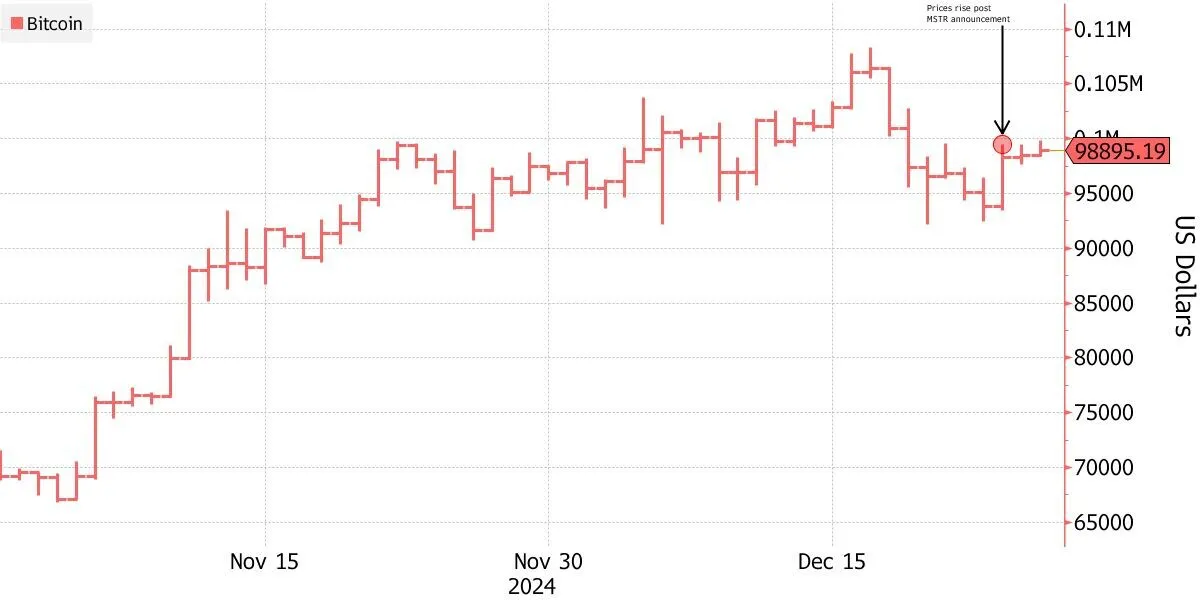
The Fed’s recent decision to cut interest rates by 25 basis points has sparked debate among leading economists about the path of monetary policy over the next two years.
The move, expected by many on Wall Street, could signal the start of a steady cycle of rate cuts, with some experts predicting cuts at every Federal Open Market Committee (FOMC) meeting through September 2025.
Luke Tilley, chief economist at Wilmington Trust and former Philadelphia Fed economic advisor, believes the Fed will take an aggressive approach to rate cuts given the softening labor market and slowing economic growth. “Private nonfarm payrolls growth has slowed significantly, averaging just 108,000 over the last six months,” Tilley said. He predicts the Fed will continue to cut rates consistently until it reaches a neutral stance by the end of 2025.
While Tilley sees aggressive rate cuts, Guy LeBas, head of fixed income at Janney Montgomery Scott, offers a more cautious view. The Fed could slow the pace of rate cuts as inflation expectations remain elevated through 2025, LeBas said. “The central tendency for core personal consumption expenditures inflation is currently between 2.5% and 2.7%, suggesting a less aggressive trajectory,” LeBas said.
Market pricing reflects this uncertainty, with expectations of three rate cuts in 2025. But LeBas argues that the Fed’s approach will likely become more measured, with cuts occurring at a slower pace (potentially one per quarter) through 2025.
Economists also weighed the risks of the Fed’s strategy. Tilley stressed that maintaining high interest rates for too long could hinder the economic recovery. “Real yields remain high compared to the past decade and are acting as a brake on the economy,” he warned. LeBas, in contrast, advocated gradualism in the face of fiscal uncertainty, particularly with potential policy changes expected under a new administration in 2025.
But the central bank’s approach could change as the labor market continues to weaken and inflationary pressures ease. “Inflation is falling despite strong growth, driven by productivity gains and labor force expansion,” Tilley said, adding that he expected more aggressive cuts.
*This is not investment advice.










